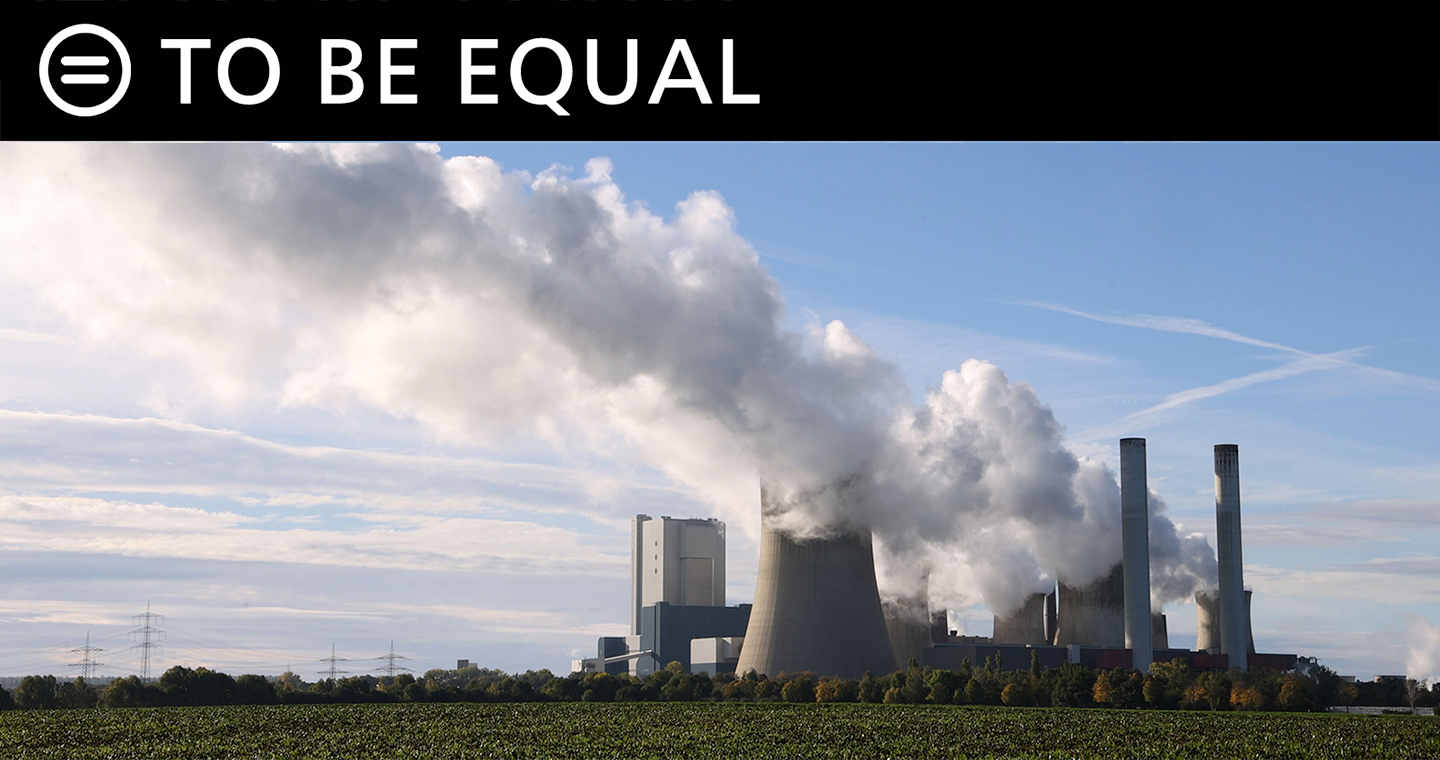A Climate In Crisis

Marc H. Morial
President and CEO
National Urban League
“There’s one issue that will define the contours of this century more dramatically than any other, and that is the urgent threat of a changing climate.” - Barack Obama, 44th President of the United States
When Hurricane Katrina hit New Orleans in 2005, the city's black neighborhoods bore the brunt of the storm. Twelve years later, the black districts of Houston were devastated by the full force of Hurricane Harvey. In both cases, these natural disasters exacerbated issues in neighborhoods that were already struggling. For years, communities of color have had to struggle through the everlasting effects of structural racism, the legacy of enslavement and socioeconomic factors like redlining, segregation, and poverty, without considering that climate change is likely to exacerbate these existing racial disparities.
The most severe harms from climate change fall disproportionately upon underserved communities who are least able to prepare for, and recover from, heat waves, poor air quality, flooding, and other impacts. As a result, they are at higher risk of climate-related health issues including respiratory and cardiovascular disease, heat stroke, cancer.
Climate change and racism are arguably two of the biggest challenges of the 21st Century, which proves that this problem is systemic. When racism is systemic, it can operate without obvious intent. So, how does one address systemic problems?
With systemic and equitable solutions.
In April, the National Urban League released its 47th State of Black America report titled, Democracy in Peril: Confronting the Threat Within, where ACORE, our nation’s foremost experts on environmental justice, energy policy, renewable energy, and civil rights, examine the past and present impacts of fossil fuel and other pollution on Black, Brown, and underserved communities, and illustrate a realistic path forward toward realizing a truly just and equitable clean energy future.
This future is defined by American-made renewable energy.
With the billions of dollars American companies plan to invest in new wind, solar and battery storage projects, this will greatly improve air and water quality, lower electrical bills, and create new career opportunities – all factors that will greatly improve the quality of life of the nation’s most underserved communities.
The National Urban League has taken its own steps to prepare Black communities for a renewable future. Our Chicago Urban League affiliate created a Solar Energy Jobs Training Program where they utilize classroom trainings and hands-on lab activities to prepare students for work in the solar industry. They also conduct a Solar Sales and Finance course that covers the most critical concepts in evaluating a renewable energy project.
The National Urban League wants to see black businesses and workers participate in the economic opportunity that renewable energy investments are creating. As the eminent threats of climate change continues to loom, we can no longer afford to ignore it. We have an opportunity to realize the clean energy transition in a way that creates a more inclusive and equitable economy, but we need to implement bold and innovative ideas to be part of it.
###
21TBE 5/25/23 ▪ 80 Pine Street ▪ New York, NY 10005 ▪ (212) 558-5300
Connect with the National Urban League
Facebook: https://www.facebook.com/NatUrbanLeague
Twitter: https://twitter.com/naturbanleague
Instagram: https://www.instagram.com/naturbanleague
Website: https://www.NUL.org
Newsletter: http://bit.ly/SubscribeNUL
YouTube: http://bit.ly/YTSubNUL

